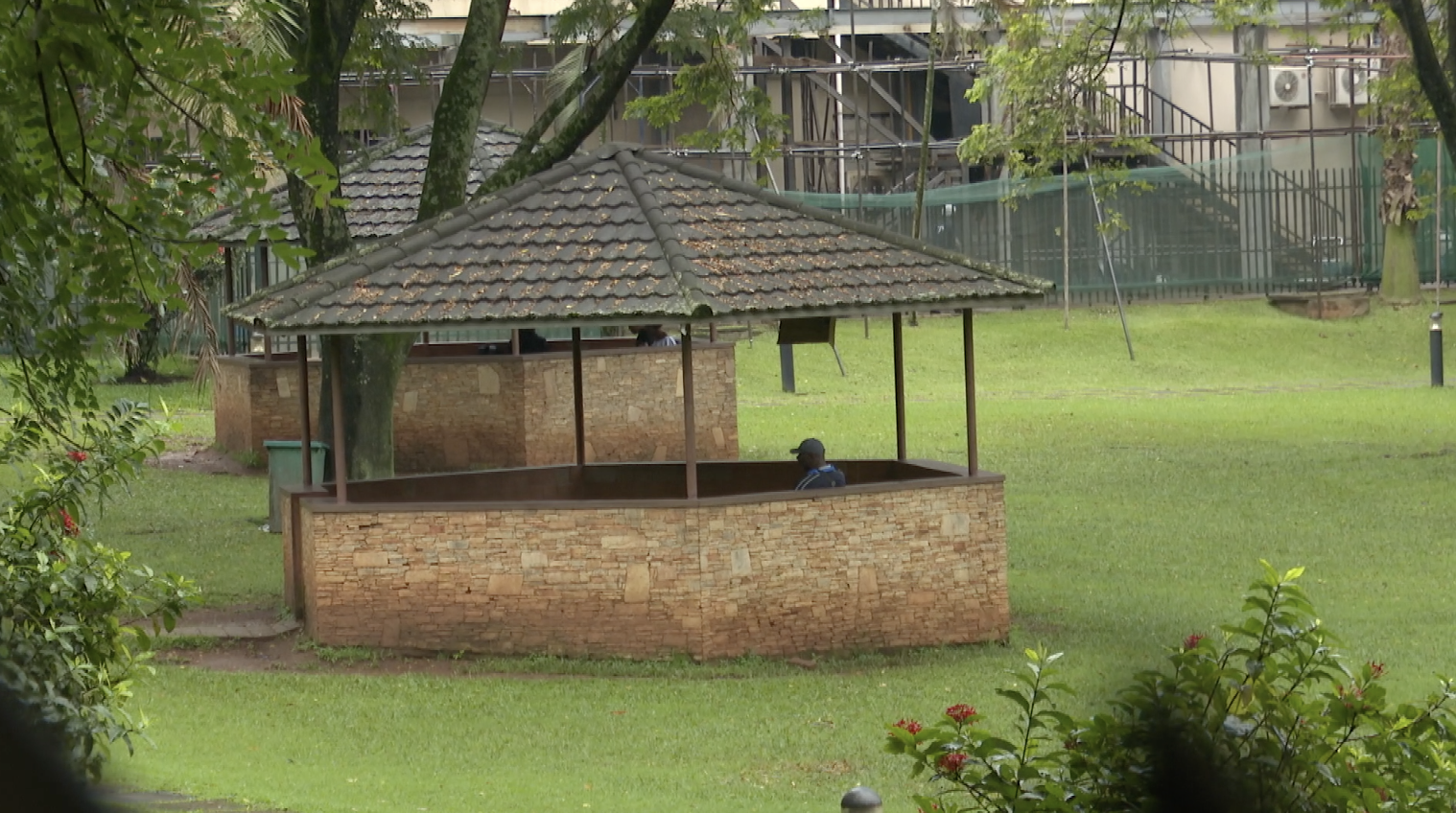Disappearing green spaces in Kampala
Saturday April 27 2024

A green space next to Cafe Javas in Kamwokya.
The National Physical Planning Board is urging local governments to prioritize the protection of open public spaces amid concerns over their diminishing availability due to urban development. This call comes as cities like Kampala grapple with the loss of such areas, depriving citizens of recreational spaces they have the right to enjoy.
In response, Kampala's City Authority is advocating for collaborative efforts to establish leisure parks, underscoring the significance of these spaces in urban planning.
One notable initiative was the launch of a leisure park along Bombo Road in 2013, funded by taxpayers at a cost exceeding 700 million shillings. This park, replete with amenities like water fountains, seating areas, and floral arrangements, aimed to provide a serene environment for city residents.
However, recent challenges have emerged regarding the maintenance and accessibility of such facilities. David Luyimbazi, Deputy Executive Director of the Kampala Capital City Authority, highlighted the financial obligations associated with maintaining features like water fountains, emphasizing the need for sustainable funding models.
Despite these efforts, some public spaces, like City Square, have become inaccessible due to security measures, leaving citizens puzzled and deprived of relaxation spots they once frequented.
The City Authority is mandated to designate areas for public leisure, with current options including Sheraton Gardens and green spaces at locations like Cafe Javas in Kamwokya, facilitated through public-private partnerships.
Amanda Ngabirano, Chairperson of the National Physical Planning Board, stressed the importance of accessible public spaces, advocating for open and guard-free environments conducive to relaxation and community engagement.
Addressing concerns about future leisure park developments, Luyimbazi outlined plans to collaborate with private sector partners for sustainable financing through advertising arrangements.
However, Ngabirano emphasized the need for a holistic approach to city planning, including public space accessibility, underscoring the current gaps in understanding and implementation.
As discussions continue on striking a balance between urban development and leisure infrastructure, the spotlight remains on ensuring that Kampala's residents have accessible and well-maintained public spaces for recreation and community bonding.


